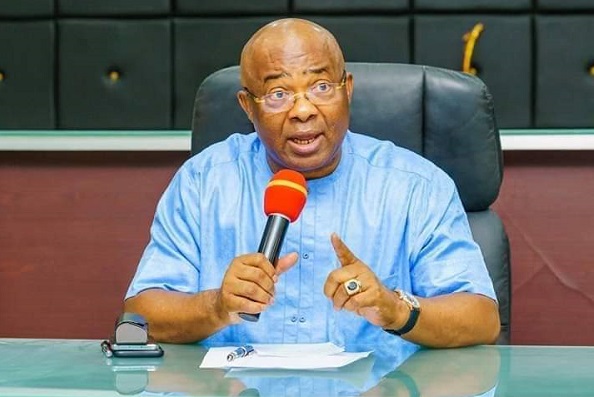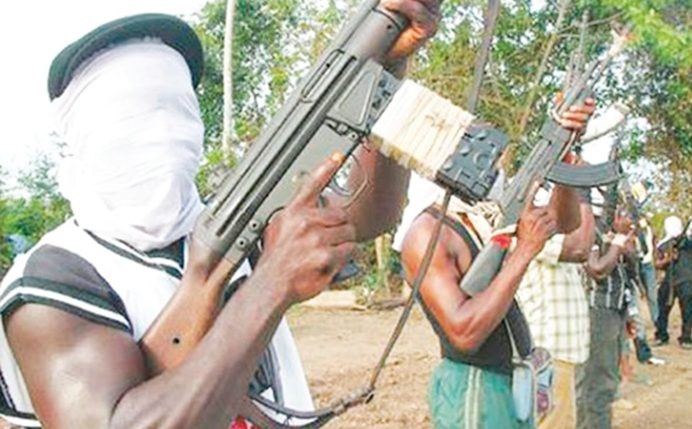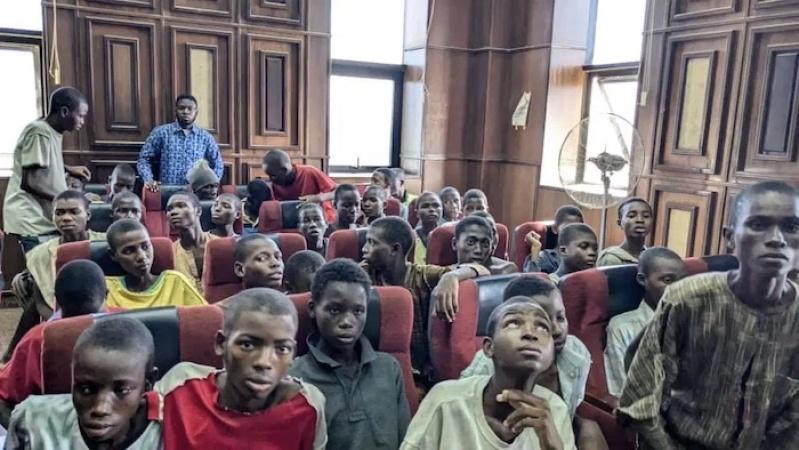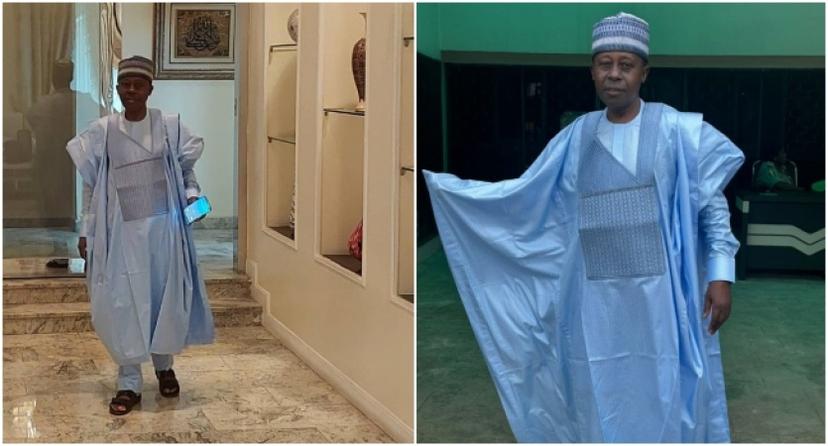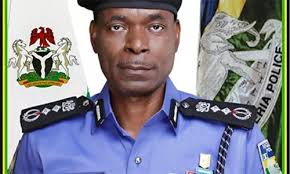Tension In Southeast As Court Delivers Judgment On Namdi Kanu’s Suit Today
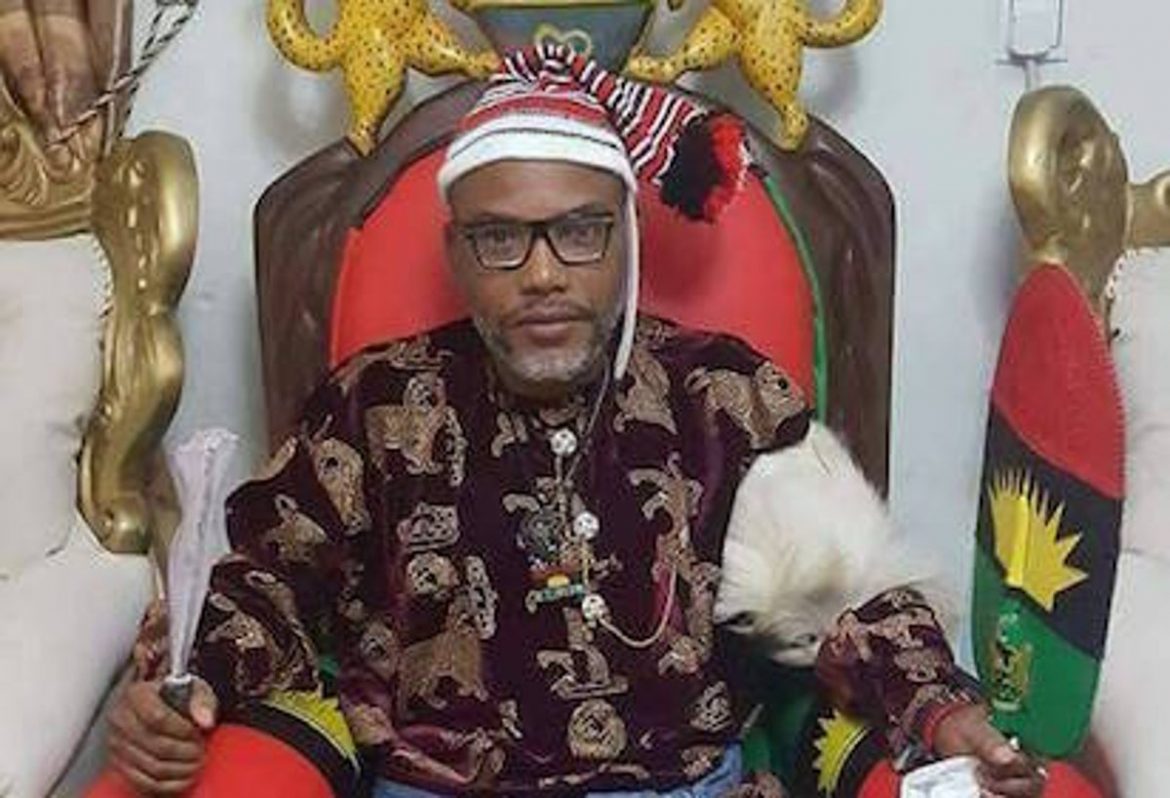
There is palpable tension in the Southeast ahead of the court ruling on a suit filed by Nnamdi Kanu, leader of the Indigenous People of Biafra, IPOB.
Justice Ben Anya of the High Court sitting in Abia State had scheduled Wednesday to deliver judgment on Kanu’s fundamental human rights suit against the Federal Government.
The suit initiated by Kanu’s Counsel, Aloy Ejimakor, had prayed the court to declare the invasion of the residence of the IPOB leader in Abia State in 2017 as unlawful and an infringement on his constitutional right.
Kanu, in the suit, also urged the court to declare his rearrest and torture in Kenya last year as unlawful.
The suit, which Ejimakor filed in August, further sought the court to stop the Nigerian government from prosecuting Kanu, mandating the Nigerian government to release the IPOB leader, ordering the Nigerian government to tender an apology to Kanu, among others.
While the Southeast, Nigeria, and the world prepare for the court’s judgment, IPOB had relaxed its sit-at-home order on Wednesday.
Despite relaxing the sit-at-home, some hoodlums have hijacked and tried to enforce the order across the Southeast.
On several occasions, some people suspected to be IPOB members have enforced the sit-at-home order, despite the group’s warning.
But, the separatist group had severally denied that those behind such illegal enforcement are its members.
On Tuesday, some youths suspected to be IPOB members had invaded a Catholic Church in Onitsha, Anambra State.
However, Kanu’s Special Counsel, Aloy Ejimakor downplayed the possibility of violence after the ruling.
When DAILY POST asked about the possibility of violence after the judgement, Ejimakor said: “No. Not at all. Not a chance.”
On the possible outcome of proceedings, Ejimakor said: “Honestly, I can’t predict the trajectory of the judgment. Even if I can, rules of court mandate that I shouldn’t, as such may amount to pre-empting the court.
“All I can say is that I have made the best case for enforcing Nnamdi Kanu’s fundamental rights and against his extraordinary rendition.”
